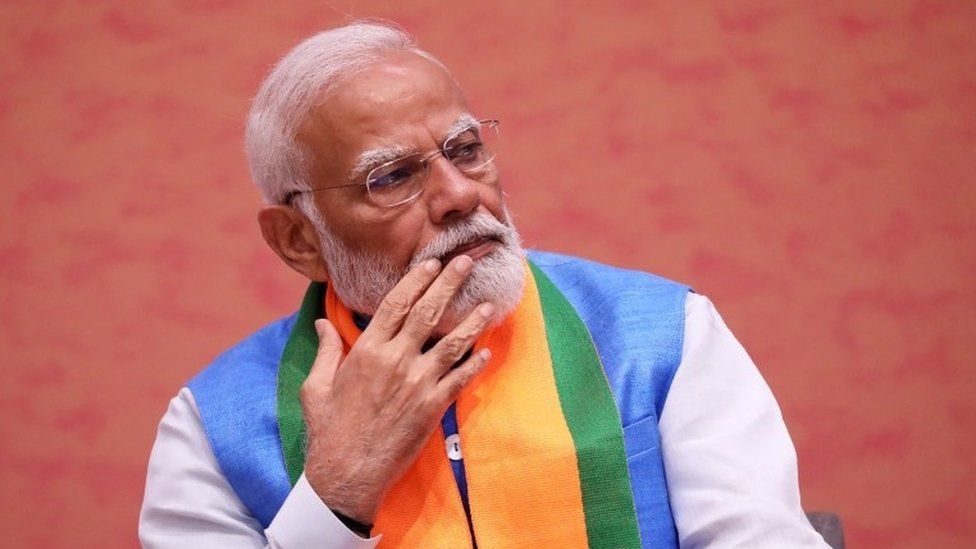
Prime Minister Modi reiterated his commitment to the proposal during his Independence Day speech in August 2024, stating that the government remains focused on realizing the vision of conducting simultaneous elections for the Lok Sabha and state assemblies. According to Modi, frequent elections are a significant impediment to India's development, as they disrupt governance and delay policymaking. The Prime Minister stressed that the practice of holding elections every few months diverts the nation’s attention and resources, limiting the continuity required for long-term developmental projects.
The proposal for "One Nation, One Election" has been under formal discussion for several years, and in 2024, a high-level committee was formed to explore its feasibility. The panel, led by former President Ram Nath Kovind, recommended synchronizing the election cycles of both the central government and states as the first step. It further suggested aligning local body elections with this framework over time to ensure a unified electoral system. Such a move, the panel argued, would not only save resources but also foster political stability and development across the nation.
The Kovind committee's findings include a detailed plan to introduce 18 constitutional amendments necessary to facilitate this system. While the bulk of these changes would not require state ratification, several bills must be passed by Parliament, which would demand significant political consensus. Despite the challenges, the Modi government has expressed its intent to prioritize the necessary legislation during its current tenure.
Advocates of simultaneous elections argue that it would improve governance and enhance the continuity of policies, as governments would no longer be distracted by the constant electoral cycle. Proponents further claim that this system would reduce the financial burden on the exchequer and encourage higher voter participation, given that people would only have to cast their votes once in a fixed five-year period.
Critics, however, argue that this approach poses significant logistical challenges and raises concerns about the erosion of federalism. One of the key concerns involves the potential for a single electoral event to overshadow regional issues, leading to a nationalized campaign discourse that overlooks state-specific challenges. Some political observers have also pointed out that the synchronization of elections might not be feasible given the country’s vast regional diversities, where local issues often demand separate attention.
The implementation of simultaneous elections would also require provisions to manage cases where a government collapses before the completion of its term. In scenarios such as hung assemblies or votes of no confidence, the system would need to account for mid-term elections without disrupting the synchronized cycle. To address these concerns, the Kovind committee has recommended mechanisms like a ‘caretaker government’ in the interim or reverting to a unity government model in exceptional cases.
The Law Commission of India has also weighed in on the debate, advocating for gradual implementation starting with the 2029 general elections. According to the Commission’s recommendation, states could begin aligning their elections with the general election schedule. Local body elections, such as those for municipalities and panchayats, could follow suit within the next decade.
While the BJP and its allies have consistently supported this initiative, opposition parties remain divided. Some regional leaders have voiced apprehension about the proposal’s implications for state autonomy, fearing that it may tilt the balance of power too heavily in favor of the central government. Others argue that the change would benefit larger national parties disproportionately, reducing the influence of smaller, regional outfits.
Despite the political disagreements, consultations on the matter have been underway, with the government holding extensive discussions with stakeholders from across the political spectrum. As Prime Minister Modi emphasized during his Independence Day speech, the idea of “One Nation, One Election” has been shaped by inputs from various political parties and institutions over the years. The BJP has continued to present this initiative as a significant electoral promise, citing it as a reform that will streamline India’s democratic process and boost its development trajectory.
